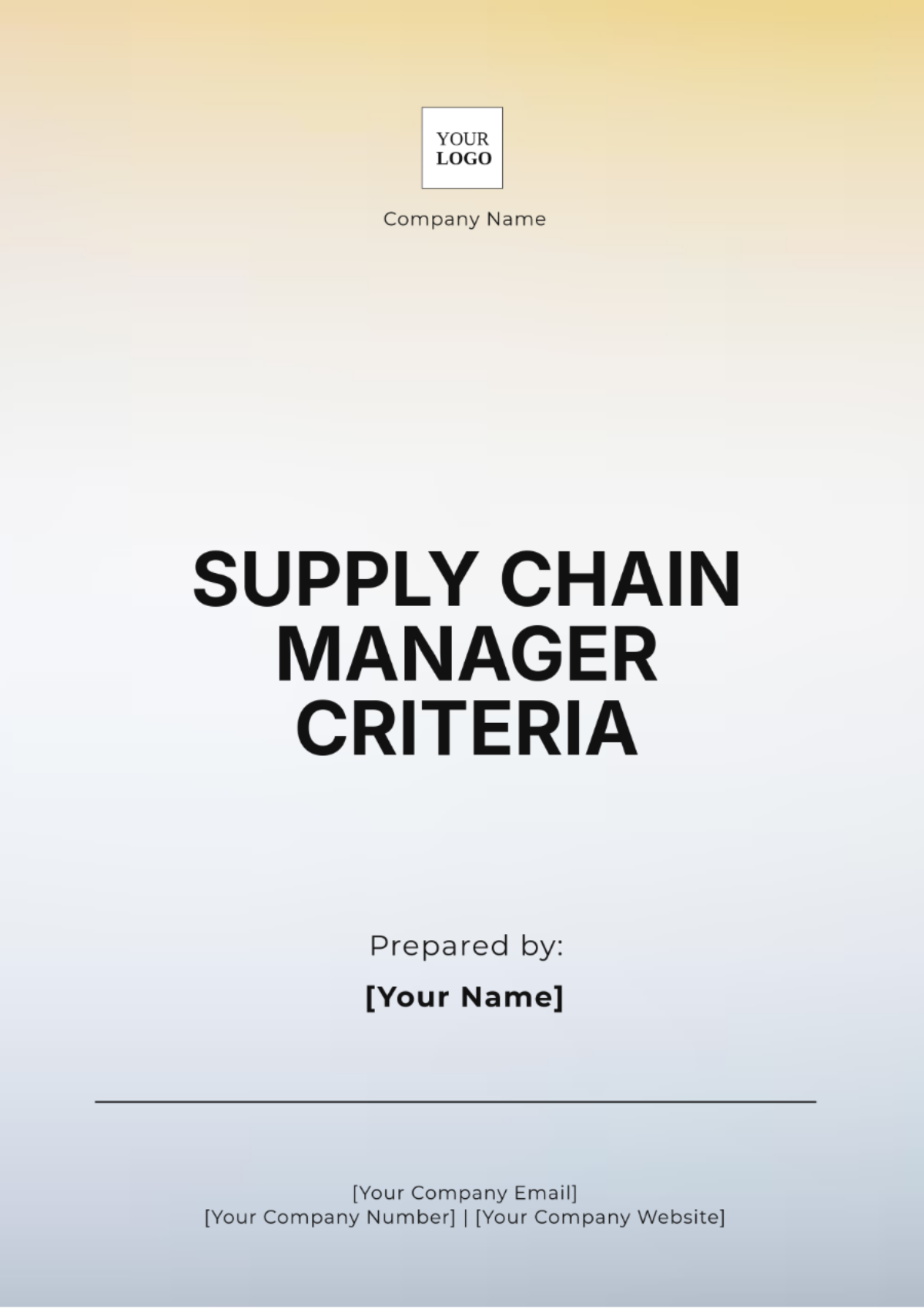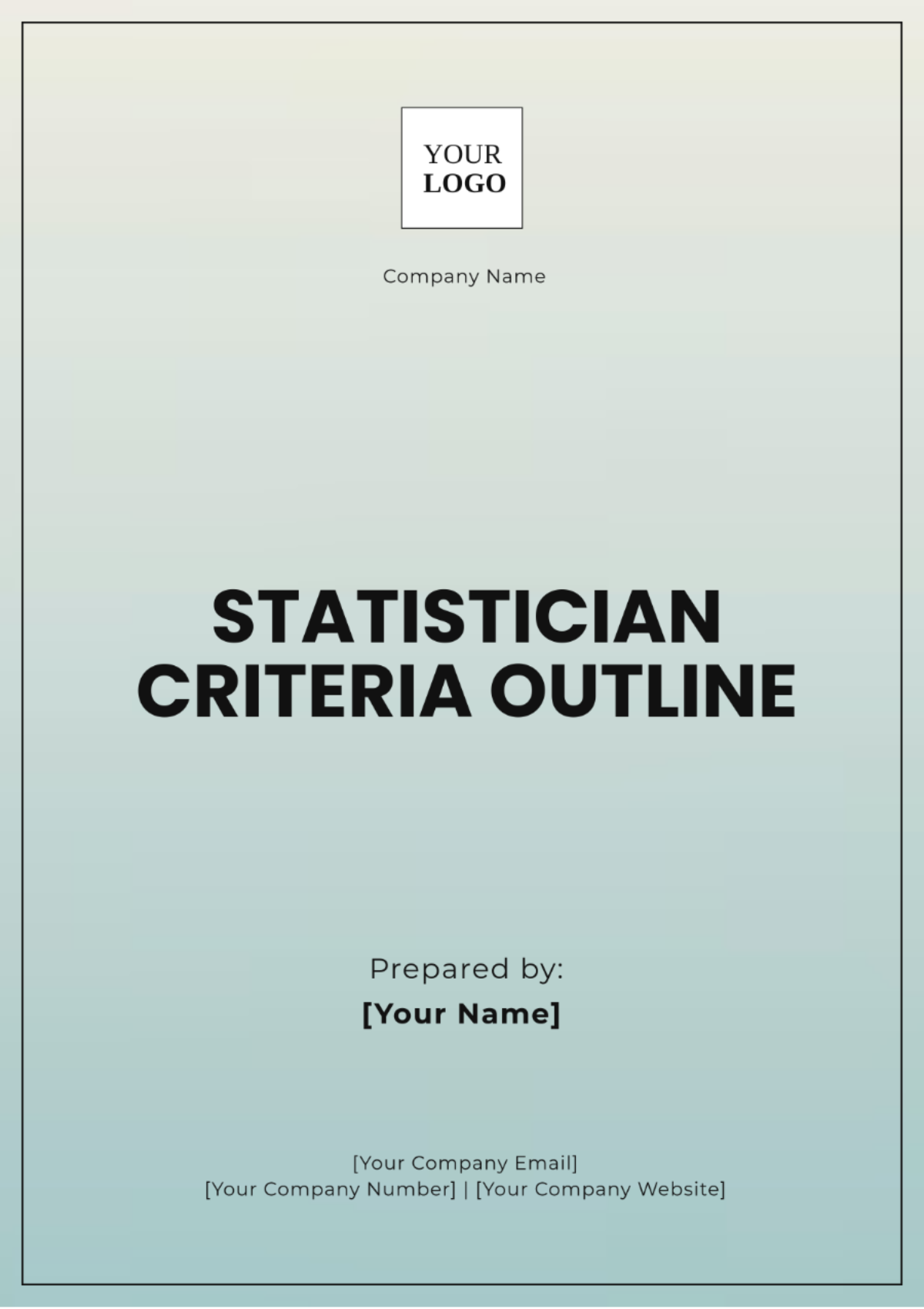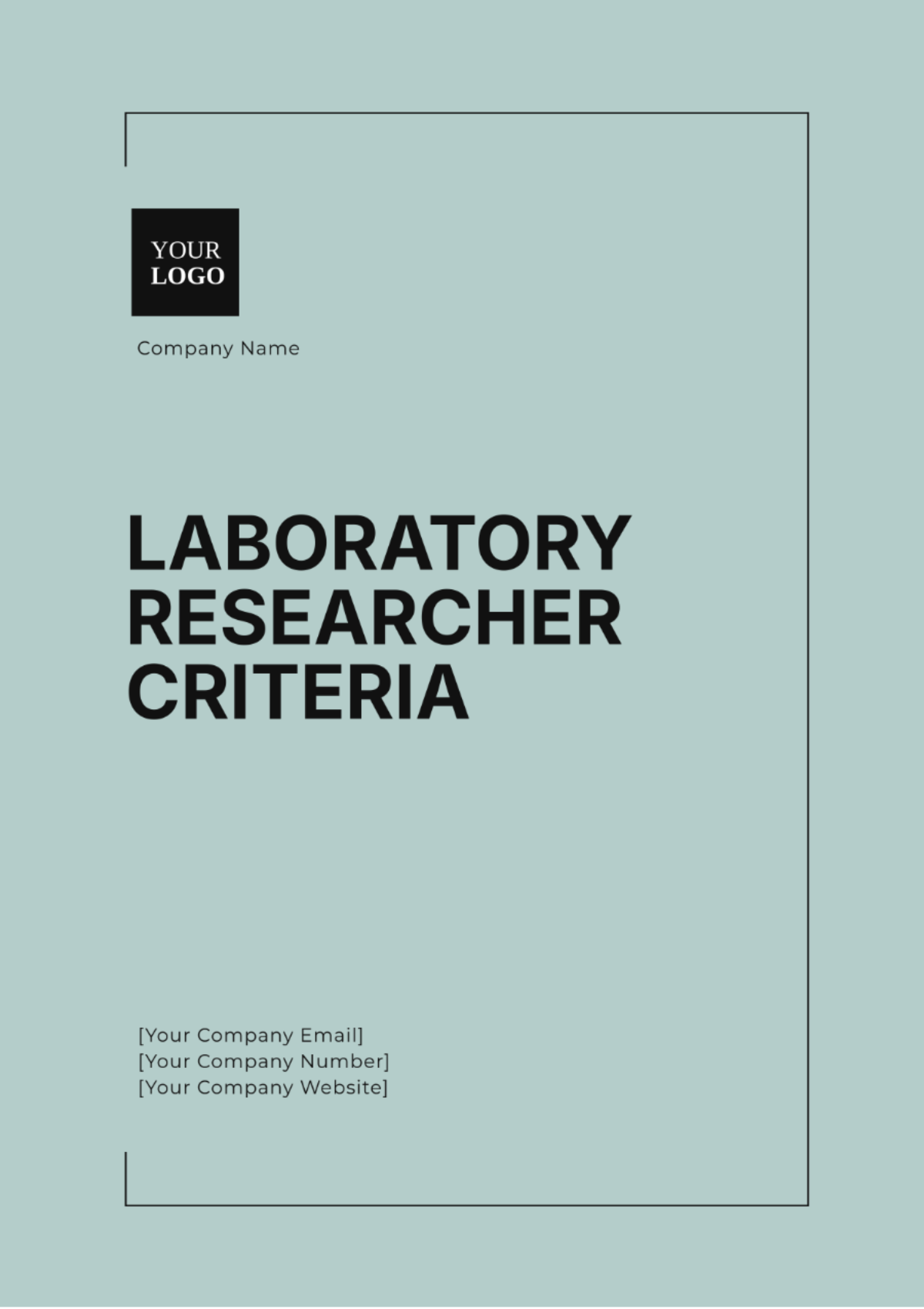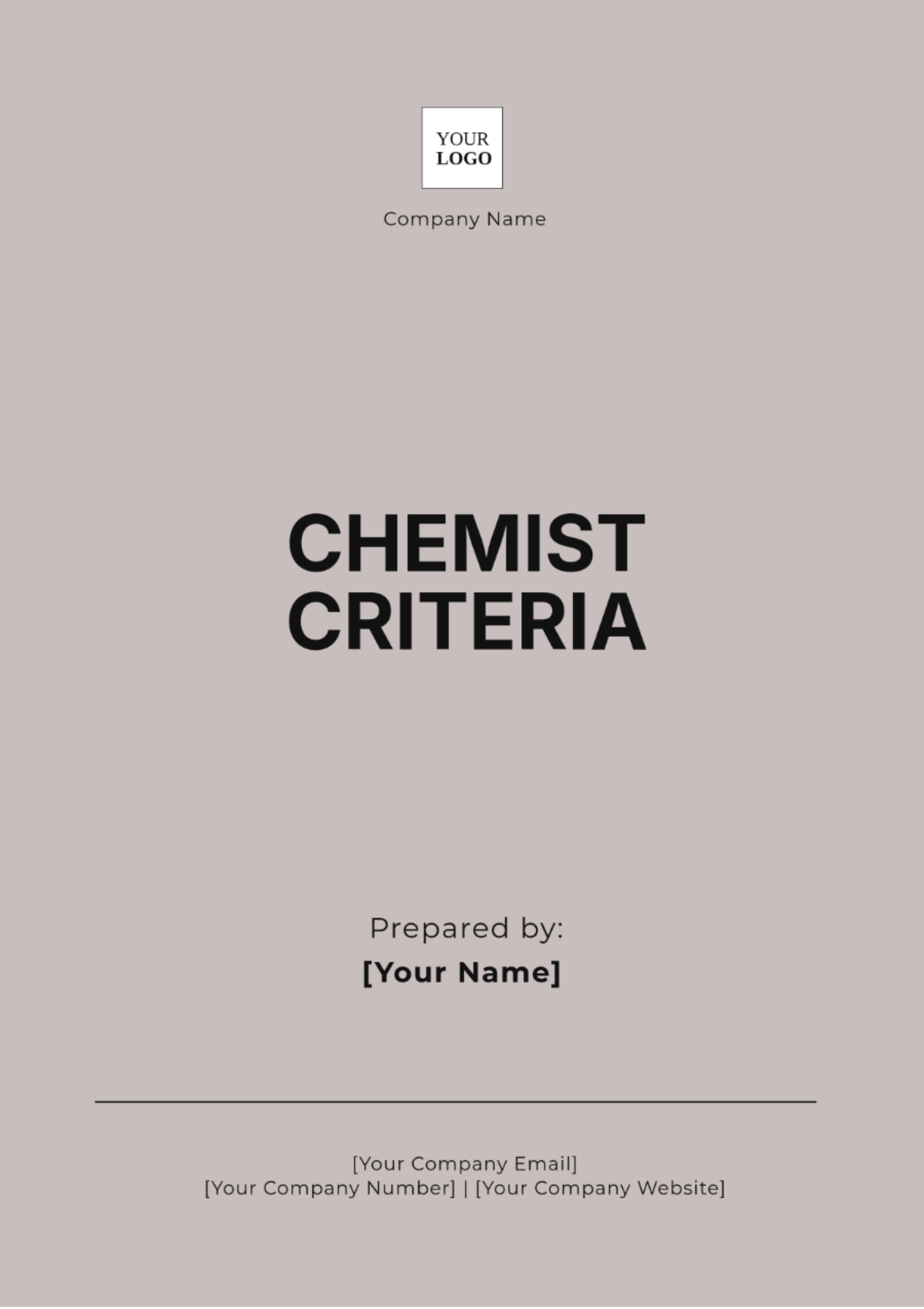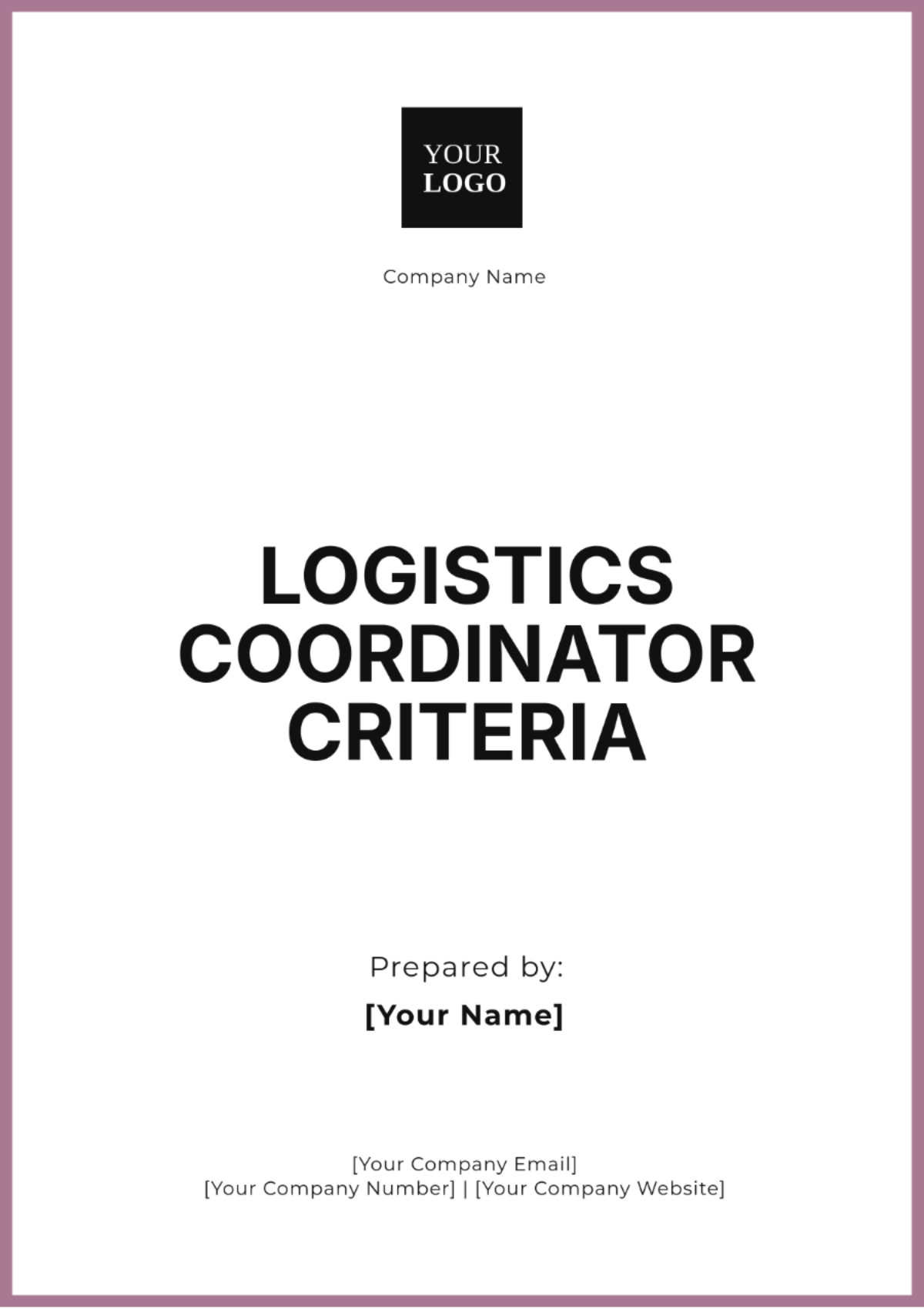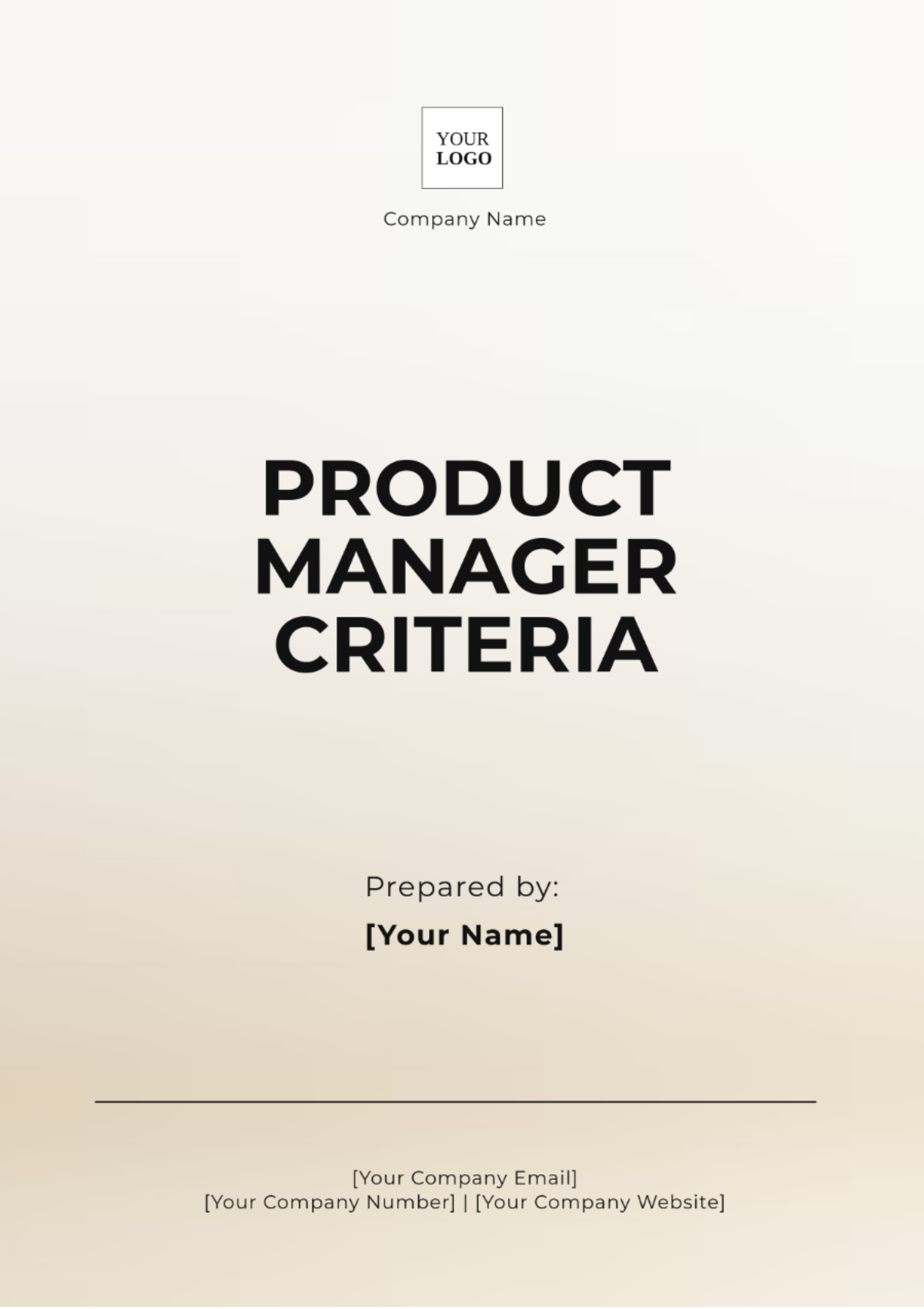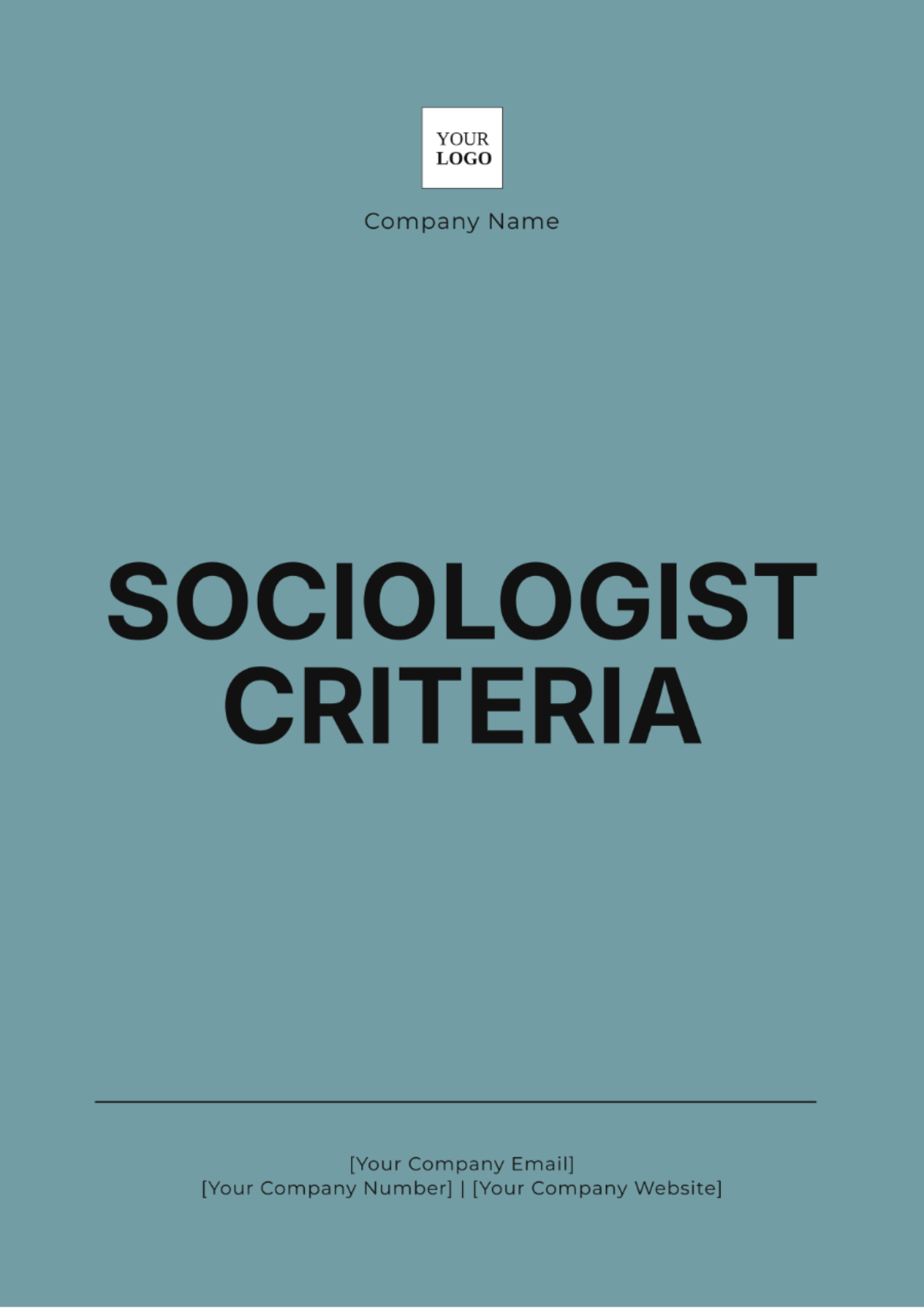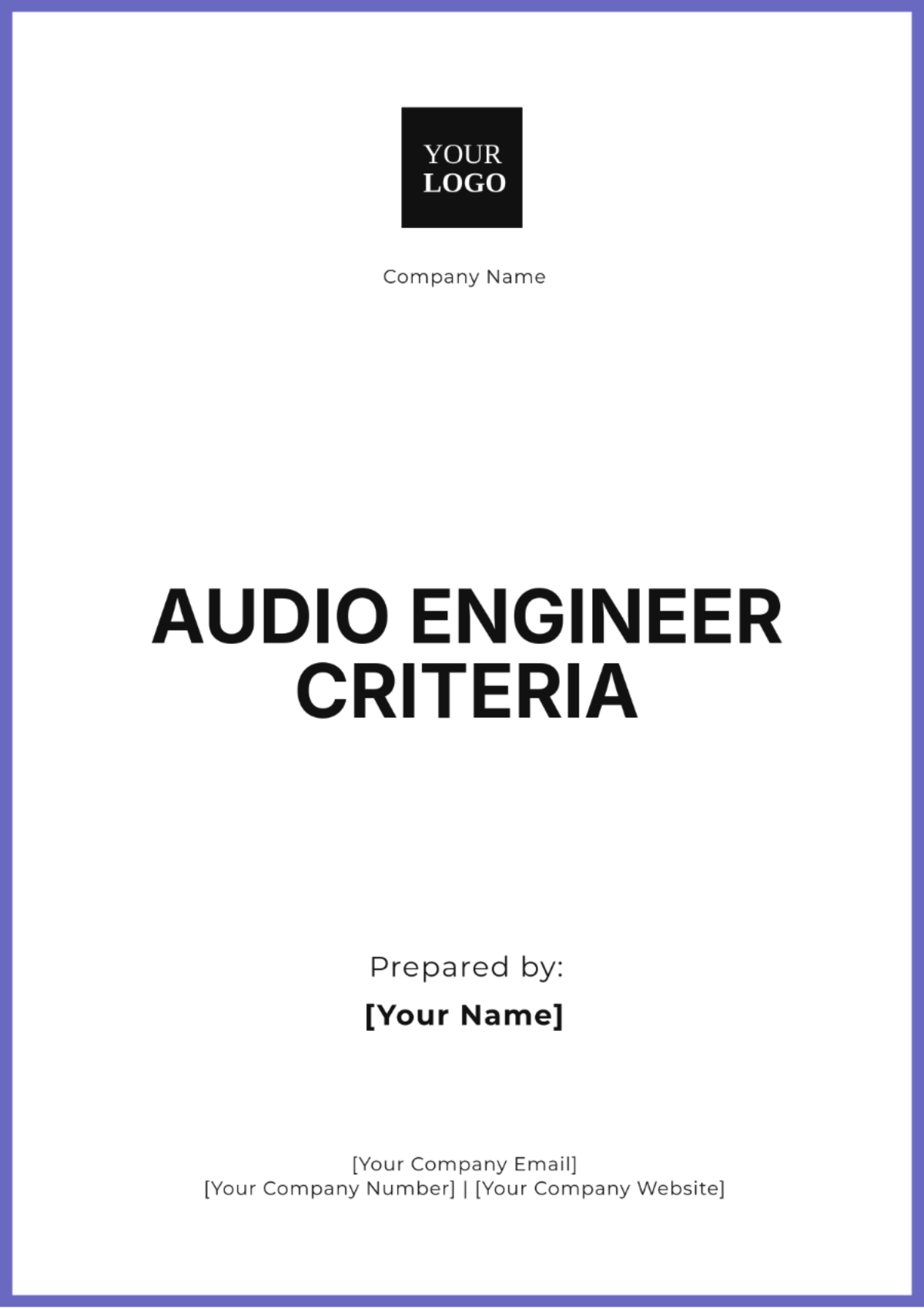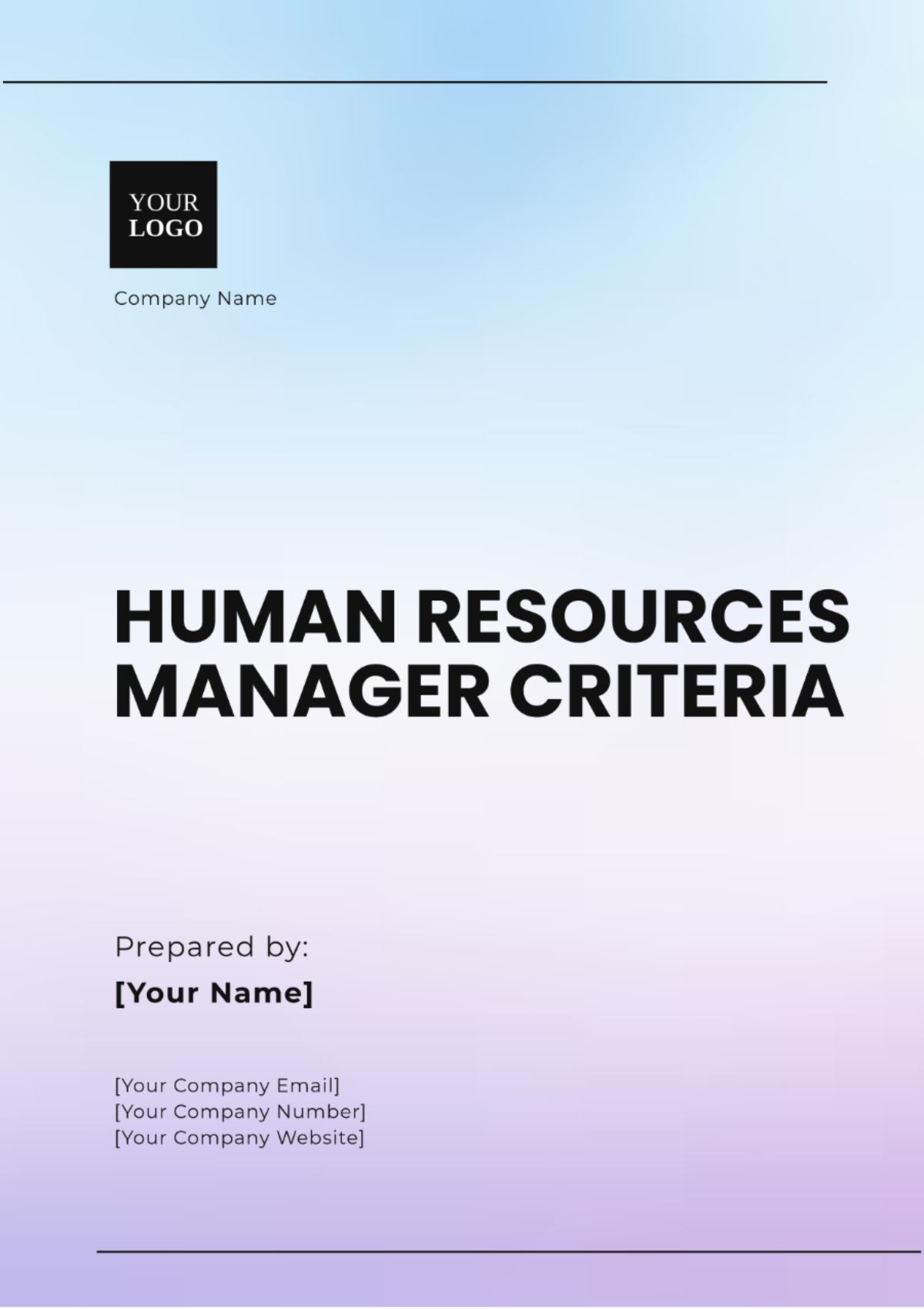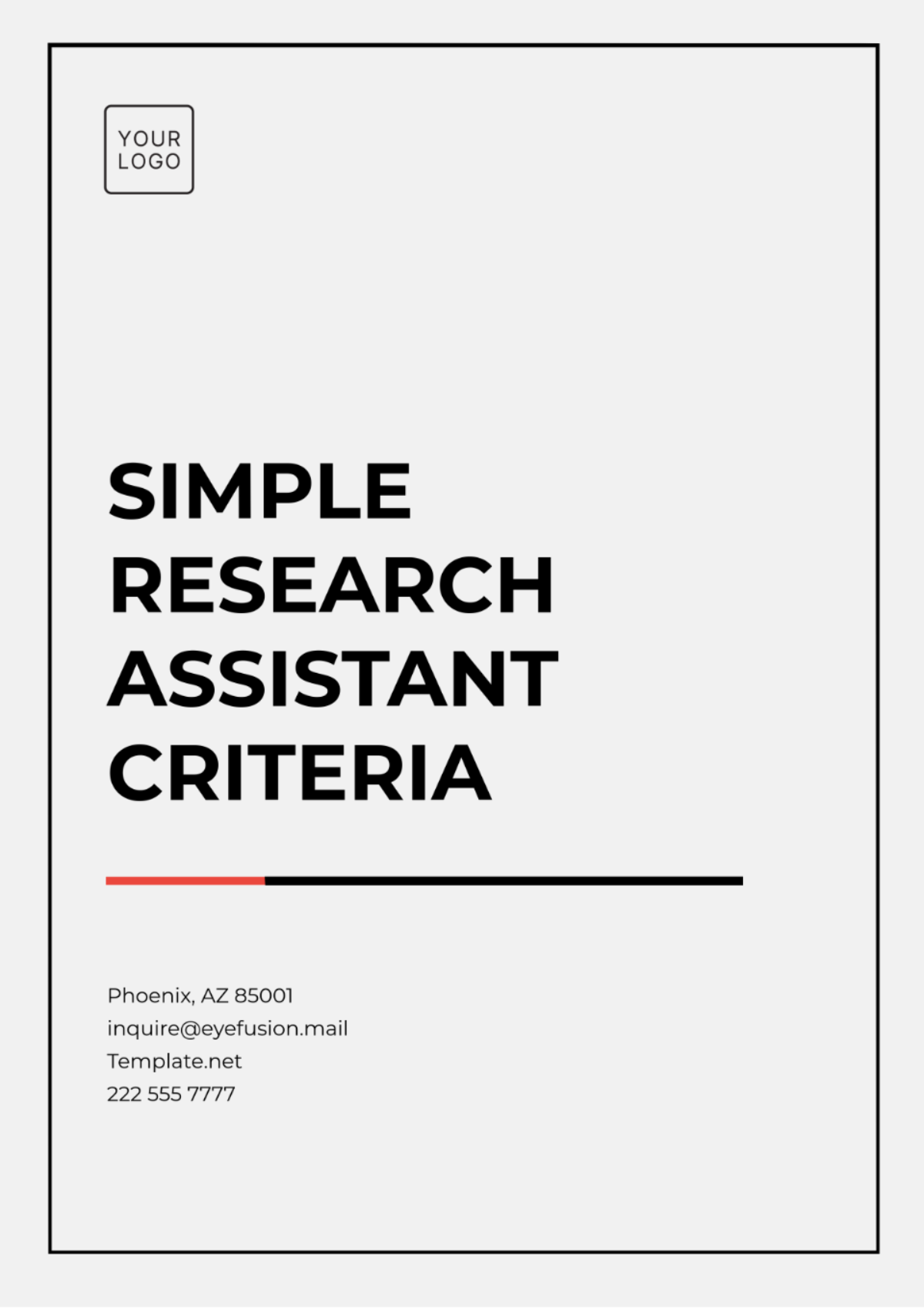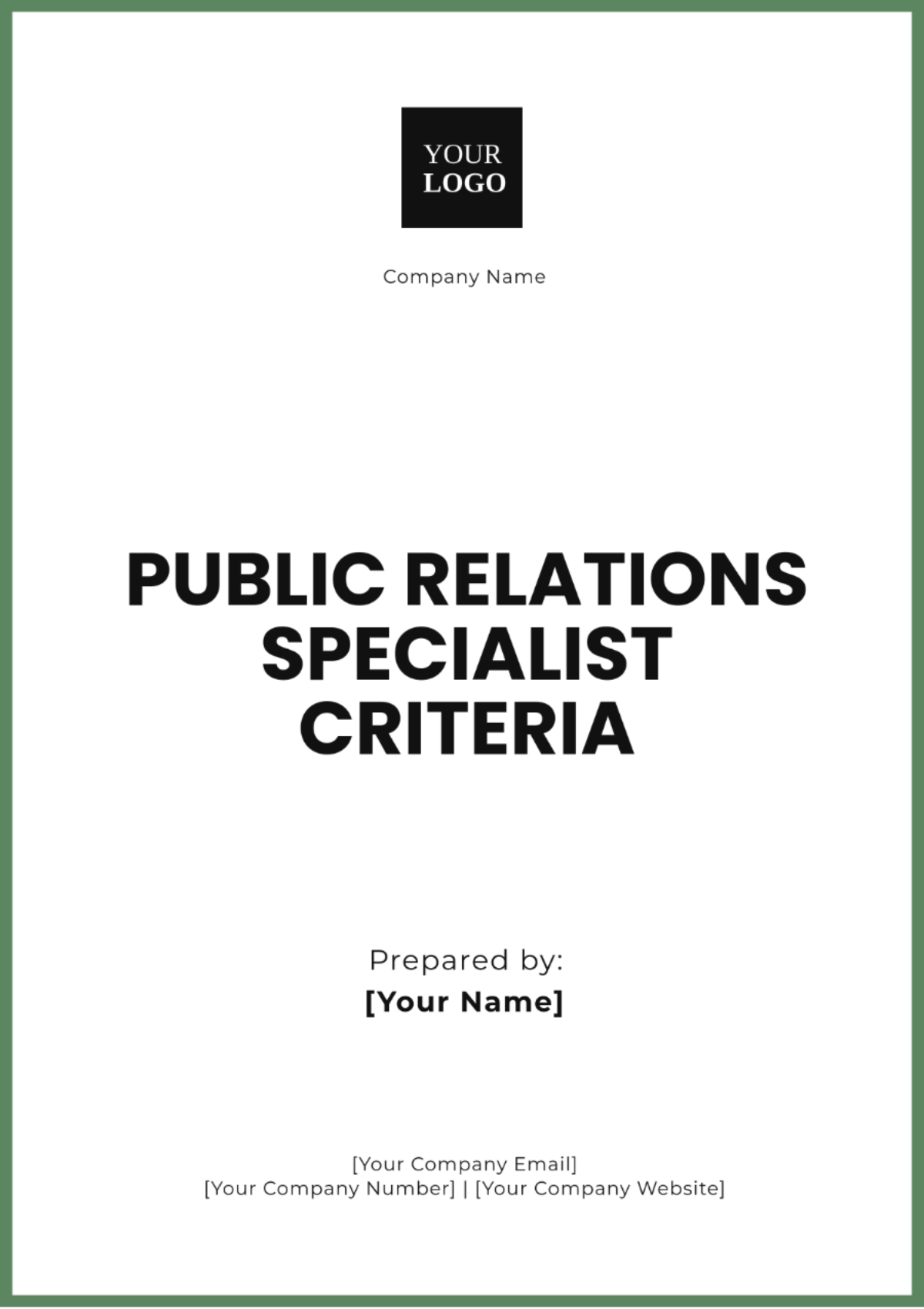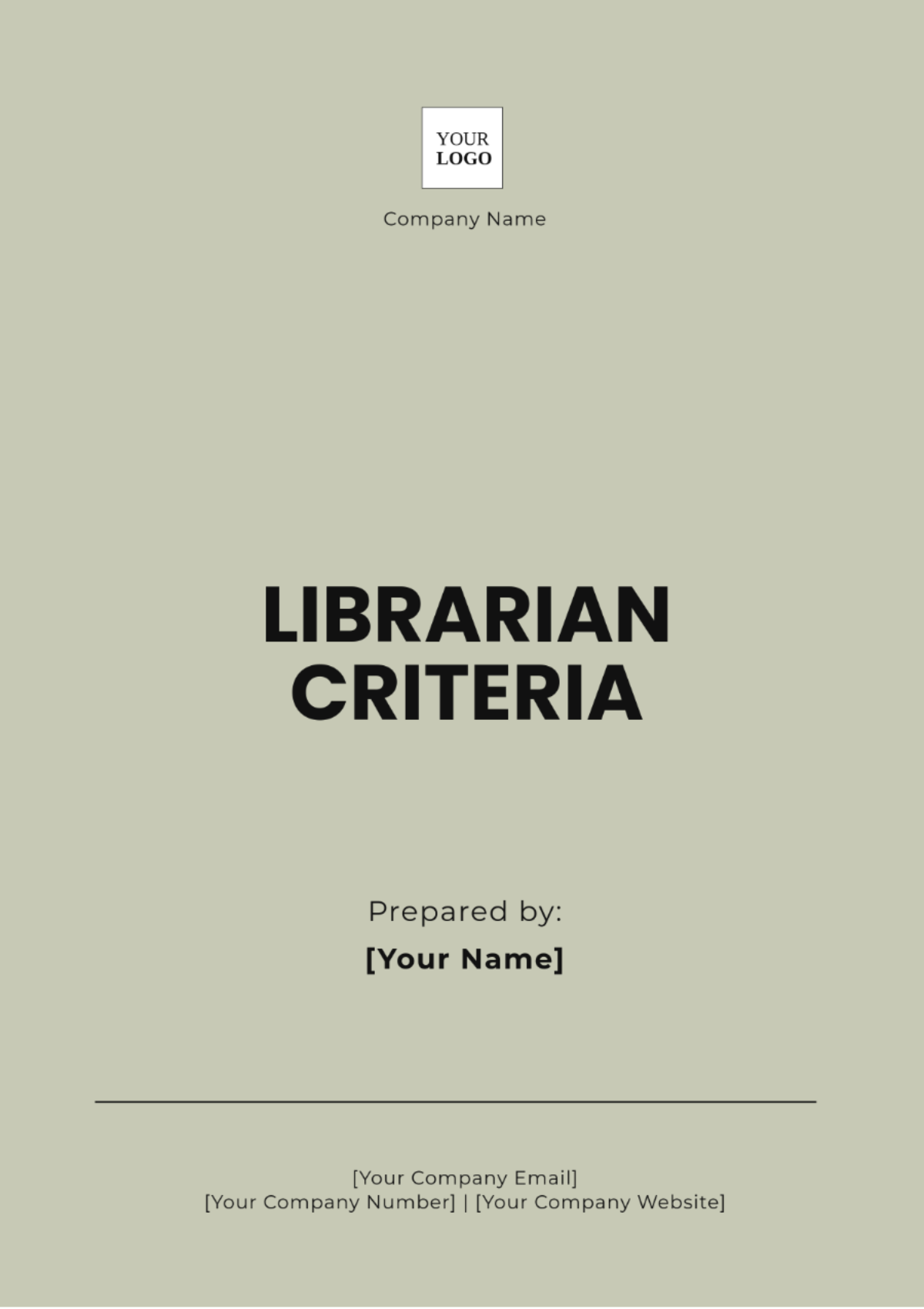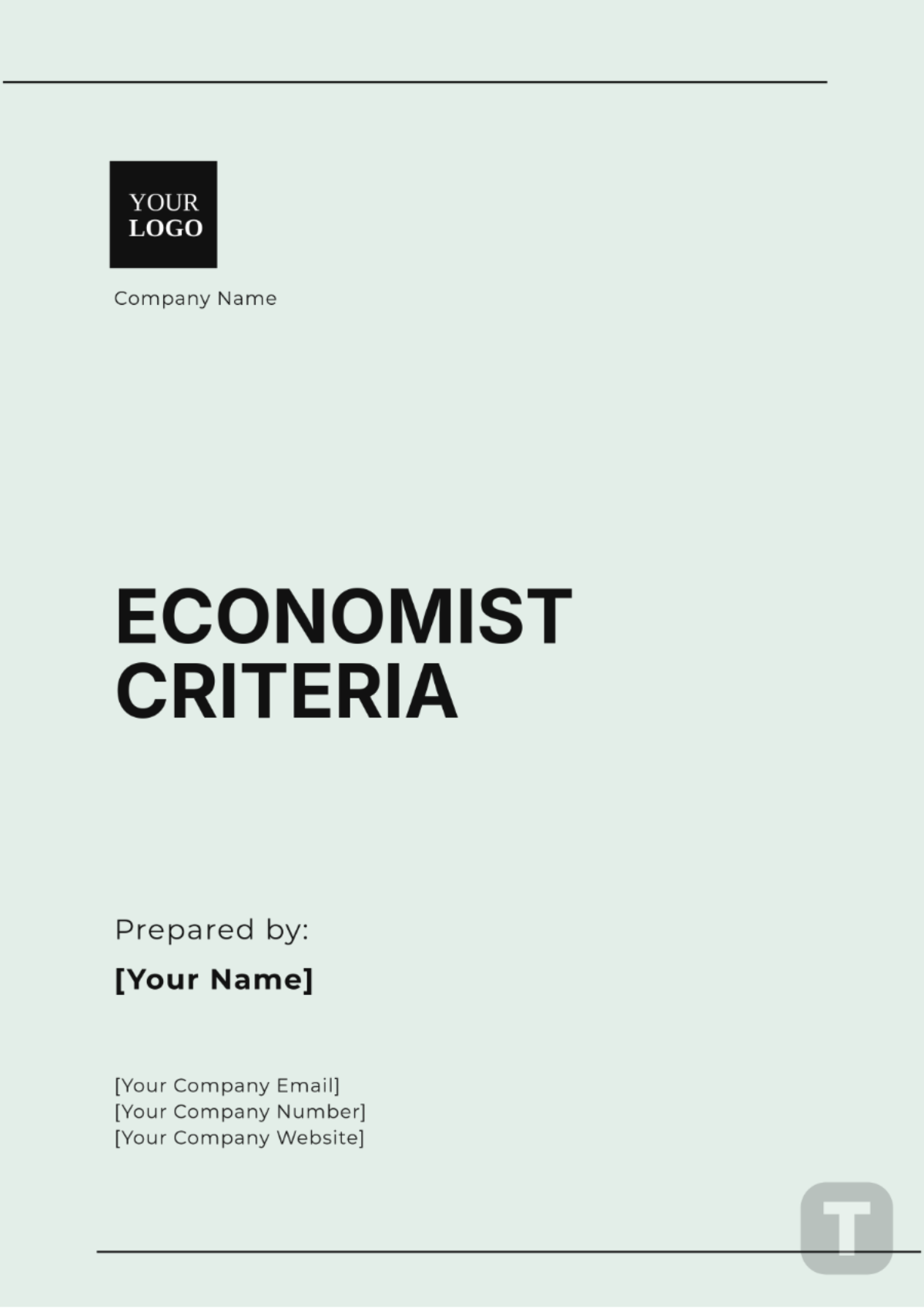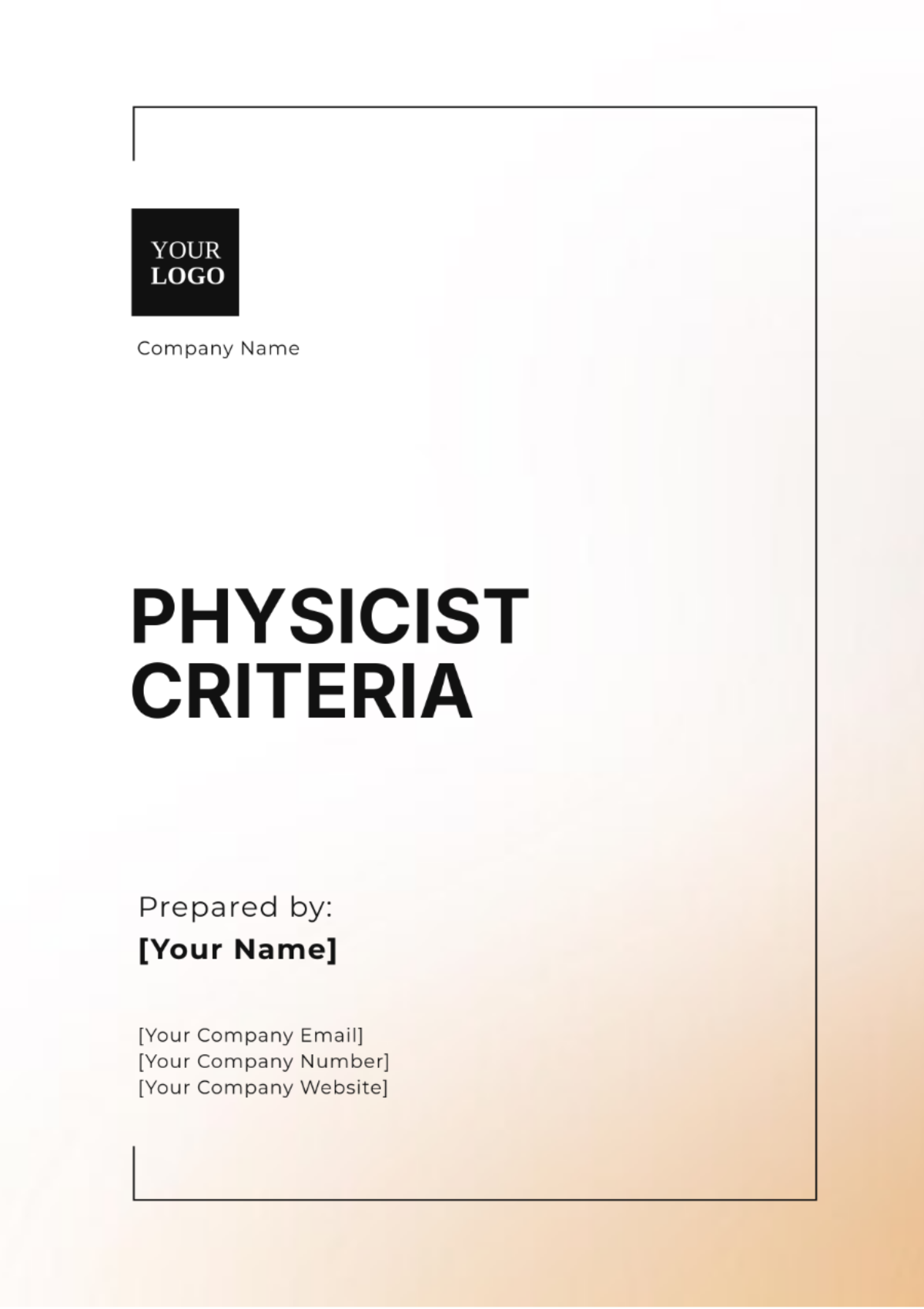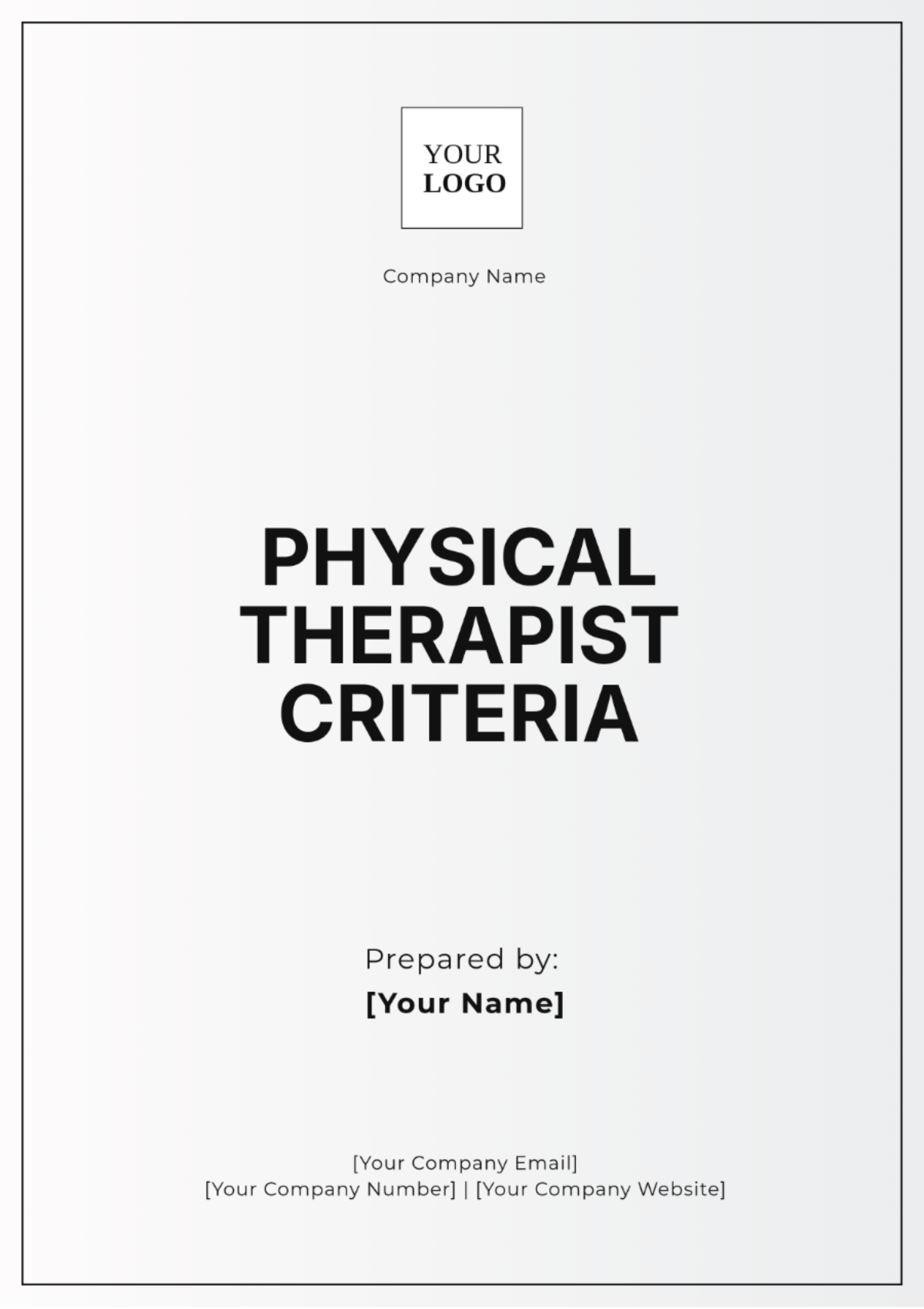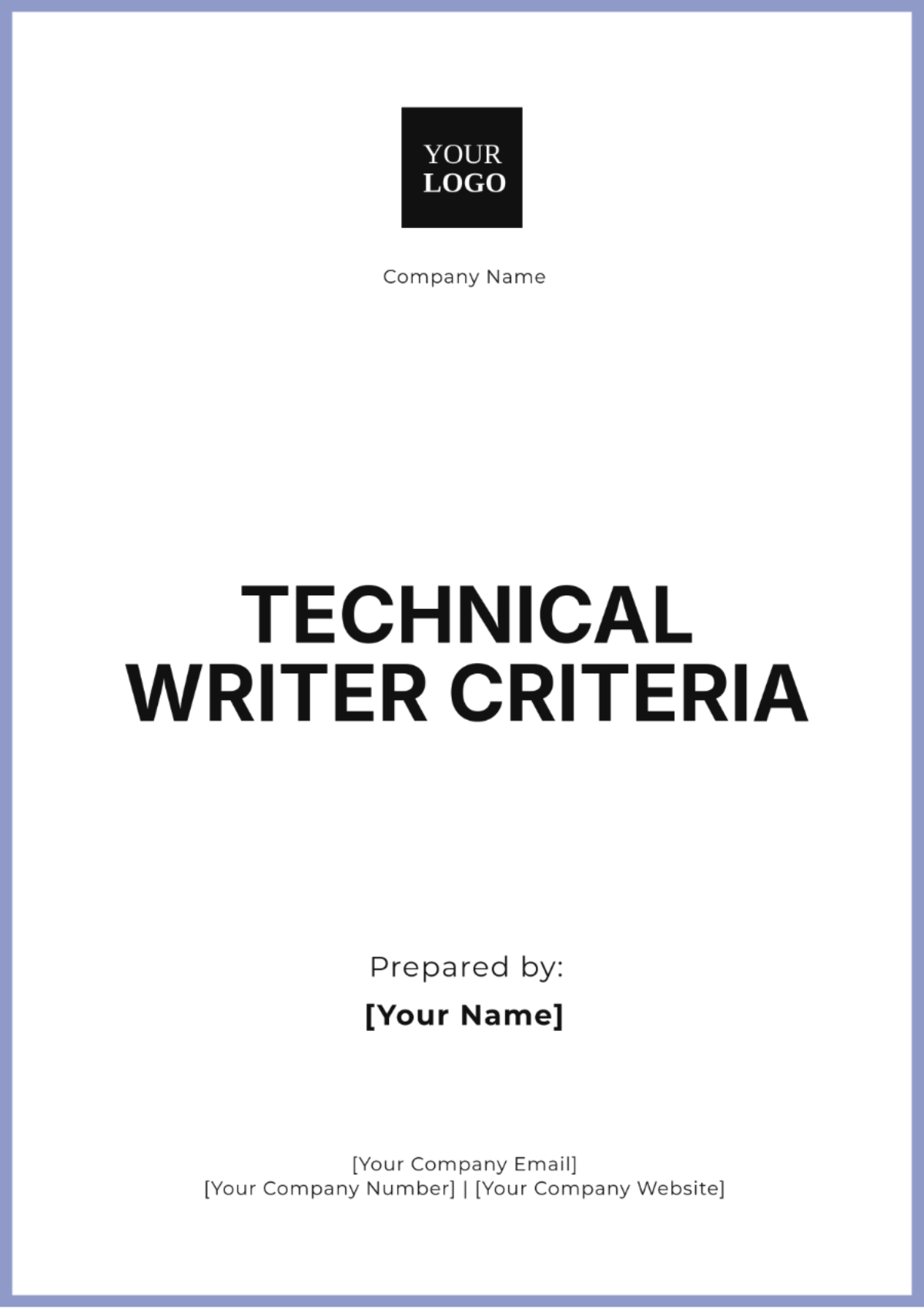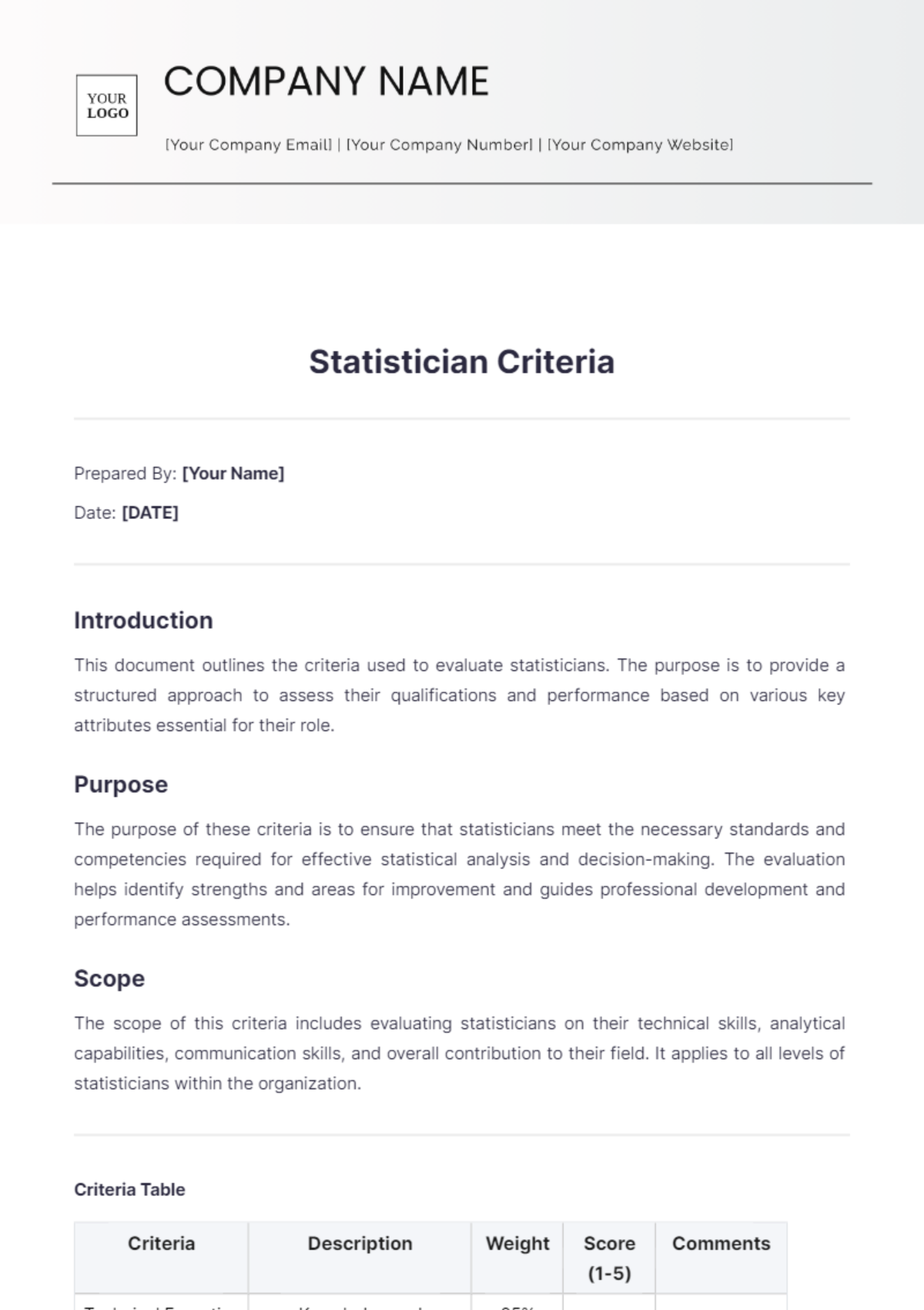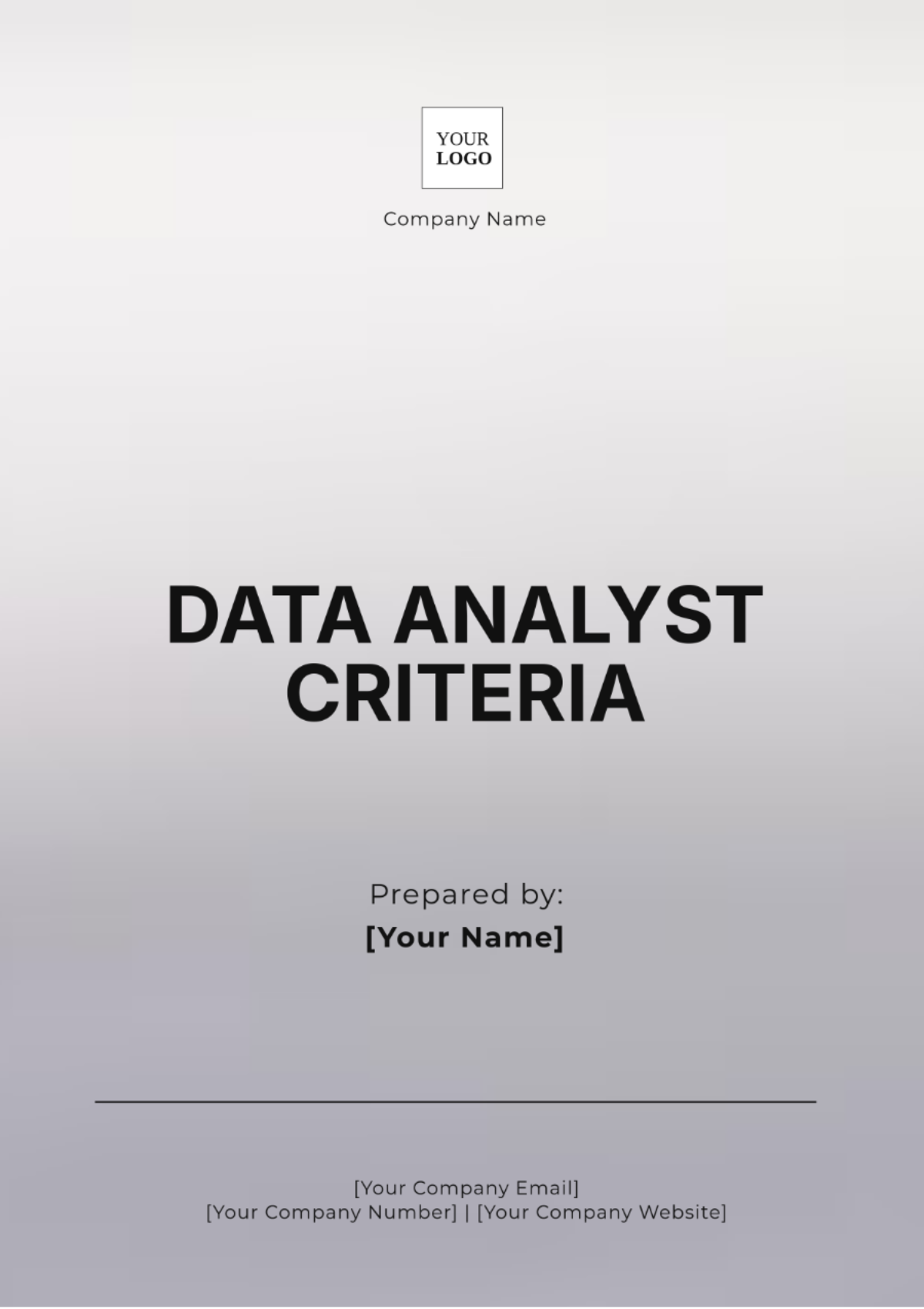Data Analyst Criteria
Prepared by: [Your Name]
Date: July 7, 2050
Introduction
This document provides a comprehensive framework for assessing candidates for the Data Analyst role. The criteria outlined herein are designed to ensure a thorough and unbiased evaluation process, focusing on key skills, qualifications, and experiences necessary for the position.
Purpose
The primary objectives of this template are to:
Establish a standardized approach for evaluating Data Analyst candidates.
Enhance the consistency and fairness of the hiring process.
Identify top candidates who best fit the role.
Scope
This evaluation criteria template applies to all candidates applying for the Data Analyst position within your team. It encompasses the assessment of technical skills, analytical capabilities, experience, and interpersonal attributes essential for the role.
Criteria | Description | Weight | Scoring | Comment |
|---|---|---|---|---|
Technical Skills | Proficiency in key data analysis tools and software such as SQL, Excel, Python, and R. | 30% | ||
Analytical Thinking | Ability to interpret complex data sets, identify trends, and generate actionable insights. | 25% | ||
Relevant Experience | Previous experience in data analysis roles or similar positions. | 20% | ||
Communication Skills | Proficiency in presenting data findings clearly and effectively to diverse audiences. | 15% | ||
Problem-Solving Skills | Ability to address data-related challenges and develop innovative solutions. | 10% |
Rating Scale
5 - Excellent: Evidence of exceptional skill and consistently surpasses expectations.
4 - Good: Shows strong skills and works well independently.
3 - Satisfactory: Meets the basic requirements and performs adequately in this area.
2 - Needs Improvement: Partially competent, needs improvement.
1 - Poor: Does not meet criteria; significant skill gaps.
Evaluation Process
Initial Screening: Conduct a preliminary review of resumes and cover letters to confirm that candidates meet essential qualifications and experience requirements.
Technical Assessment: Administer technical tests or assessments tailored to evaluate specific skills, including data manipulation, statistical analysis, and proficiency in relevant tools.
Structured Interviews: Carry out structured interviews to assess candidates' analytical thinking, problem-solving abilities, communication skills, and overall fit for the role.
Scoring and Evaluation: Use the rating scale to score candidates on each criterion. Aggregate scores to create a comprehensive evaluation profile for each candidate.
Final Review and Decision: Review combined scores and feedback to make an informed hiring decision, ensuring alignment with the role’s requirements and team needs.

